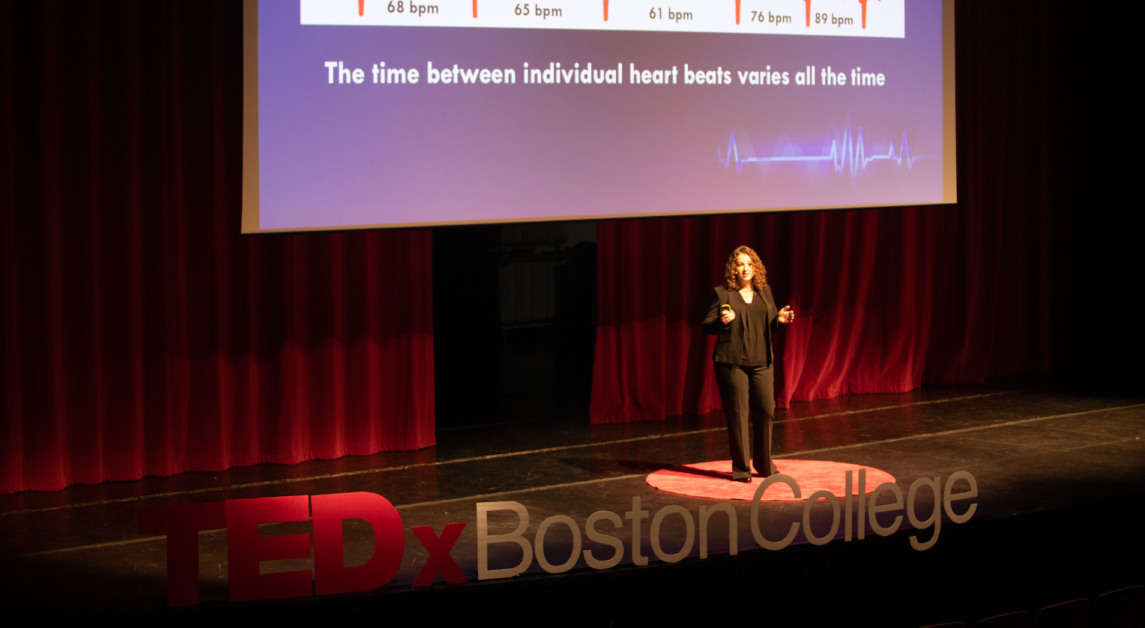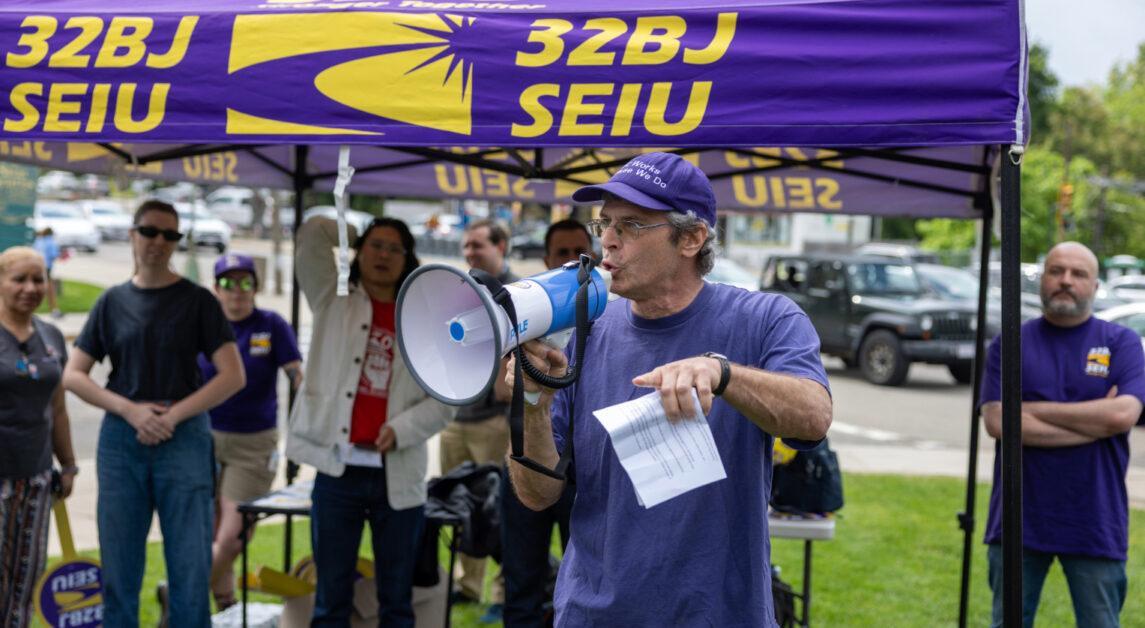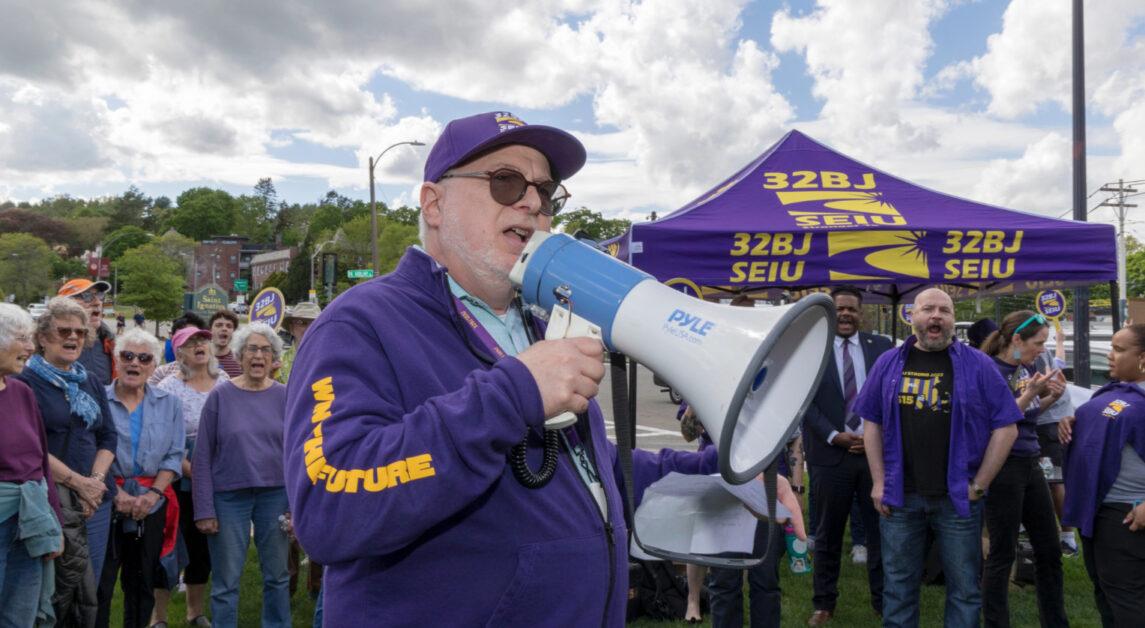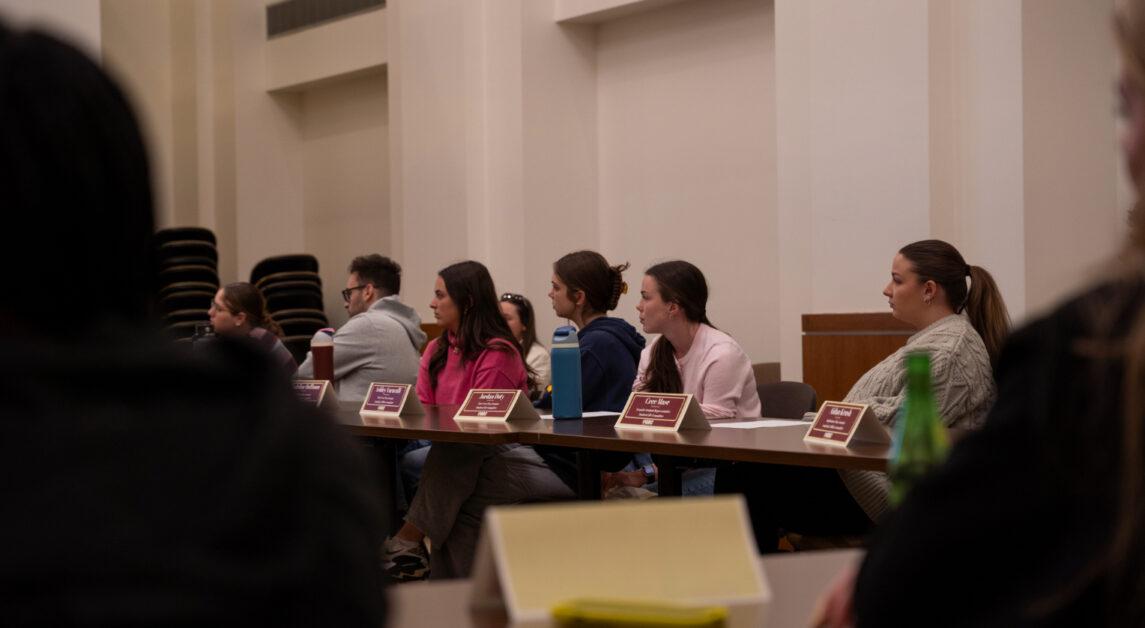The event’s first speaker Diana Stelin, founder of the Flow Method and CEO of the Plein-Air Art Academy, spoke about alleviating stress in both professional and personal life through art.
“Art heals,” Stelin said. “It has been a life saver for me and hundreds of people on my path.”
Today, Stelin said many people suffer from burnout when trying to balance social life with work or academics. Now is the time to turn to art, she said, because it has the ability to alleviate burnout.
“Many people don’t recognize how potent art is in balancing us,” Stelin said.
Following Stelin’s talk, Cathy Utzschneider—a professor in the Woods College of Advancing Studies, founder of the goal achievement method and coaching practice MOVE!, and winner of 10 national age group track-and-field and aquathlon championships—spoke about the importance of short-term goals.
“Short-term goal setting will help you have a sense of progress. … It will transform your life,” Utzschneider said.
Utzschneider talked about some people she has coached who have used short-term goals to accomplish larger ones, such as qualifying for marathons or sports teams.
“[Short-term goals] help people achieve P.A.C.E.—perspective, achievement, calm, and excellence,” Utzschneider said.
At the end of her talk, Utzschneider encouraged the audience to set a goal.
“I have no doubt that if you have any idea of a goal now, you can have your first achievement tomorrow,” she said.
Inna Khazan, a clinical psychologist, author, and faculty member at Harvard Medical School, spoke next about heart rate variability (HRV). Khazan discussed how breathing exercises have helped her overcome challenging and stressful situations in her life.
Khazan said HRV is the variation in time between heartbeats and that it is important to increase HRV for health reasons.
“Increasing HRV is key in allowing your body to respond to stress in healthier, more helpful ways,” she said.
The best way to increase HRV, according to Khazan, is through breathing exercises.
“There is no one size fits all solution, but there is one common denominator that runs through my response to my own challenges and my work with other people as a psychologist—that is HRV training,” Khazan said.
Following Khazan, Caroline Daly, winner of the fall 2021 Student Speaker Competition and CSON ’24, shared her various experiences with grief. Daly first talked about the struggles of nursing home residents who were separated from loved ones during the pandemic.
“They were alive and well, but they were grieving this loss of connection,” Daly said.
Daly said she personally experienced grief watching her brother grow up quickly and realizing that their childhood days living under the same roof were numbered.
“[Grief] comes from death, but it also comes from separation and the loss of time,” Daly said. “It comes in waves, sprinklings, tsunamis, and floods. … It comes simply from existing.”
According to Daly, grief is inevitable.
“As long as you love something you will grieve its end,” she said.
Kristina Spillane, a regional executive for Global Key Accounts at Fidelity National Information Services, Inc., and BC ’93, concluded the event with a speech on the importance of cultivating strong relationships in the business world and in everyday life.
“Relationships are like compounded interest—the greater time a relationship has, the more value it ends up having,” Spillane said.
Spillane shared a story about a close friend from BC who helped her with a professional challenge long after their graduation.
“Why did she pick up the phone, being one of the best attorneys in New York during a weekday and help me out? It’s because we have cultivated a relationship of trust over the years,” Spillane said. “This is called relationship ROI … return on investment.”
Spillane emphasized the importance of listening to others and having a strong “investment strategy” in interpersonal relationships.
“In a diverse and ever-changing market, well-managed relationships are still the best currency,” Spillane said.
Featured Image by Steve Mooney / For the Heights







